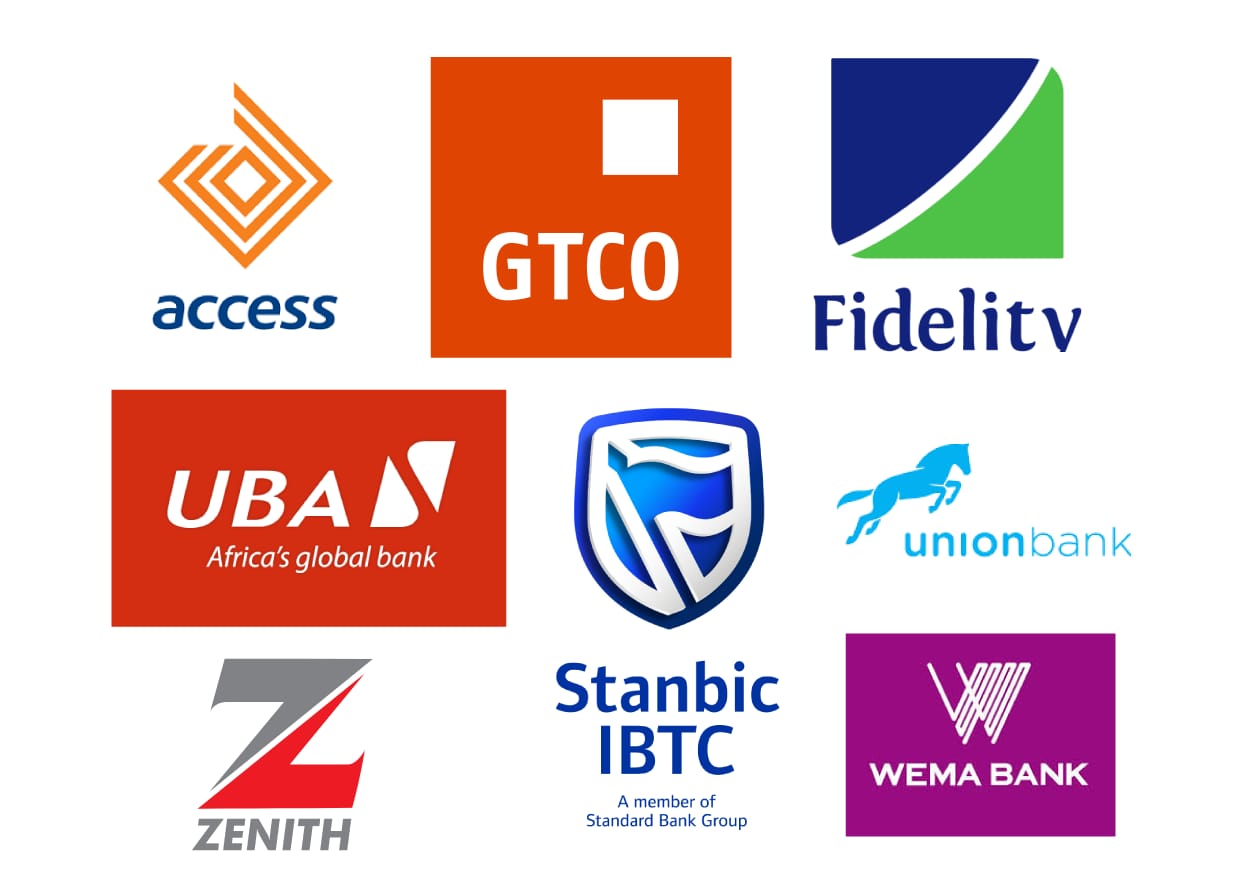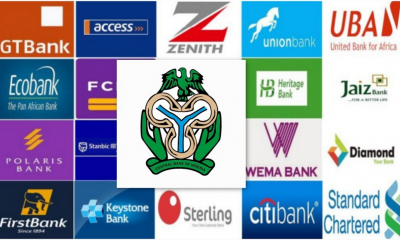Access Bank recorded the highest interest income on loans among ten listed banks in the country, posting a total interest income of N1.04 trillion in the first nine months of 2023.
The bank also maintained the top spot as the bank with the highest loans to customers, which was N6.7 trillion in the first nine months of 2023, representing a 31 per cent increase from N5.1 trillion recorded as of December 2023.
Zenith Bank and UBA followed in second and third spots with income of N670.9 billion and N666.3 billion respectively.
GTCo recorded an interest income of N374.6 billion, while Fidelity Bank earned N324.8 billion. On the flip side, Unity Bank recorded the least with N33 billion.
UBA recorded the highest growth rate in terms of loans to customers, growing its loan book by 57 per cent to N3.14 trillion, while Zenith Bank led the list in terms of nominal growth, with an increase of N1.9 trillion to stand at N5.78 trillion as of September 2023.
READ ALSO: Access Bank, Zenith, Bank, UBA among top e-business earners
The ten banks reported bumper interest income in the first nine months of 2023 as their aggregate loan books grew by N8.45 trillion between January and September 2023.
The Banks’ loans to customers increased from N22.66 trillion recorded as of December 2022 to N31.1 trillion by the end of September 2023.
This translates to a 37.3 per cent increase in the review period. Customer deposits also surged by N18.6 trillion in the same period to N61.99 trillion in contrast to N43.37 trillion recorded as of December 2023.
In the same vein, interest income witnessed a significant boost to the tune of N4.18 trillion, a 65.9 per cent increase from N2.48 trillion recorded in the corresponding period of 2022.
Net profit also surged by 153 per cent year-on-year to N1.93 trillion in the 9-month period of 2023 from N762.6 billion recorded in the previous year.
READ ALSO: Zenith, Access Bank, 8 others restructure Oando’s N108.3bn loan
The significant increase in the banks’ balance sheet is largely attributed to the impact of the devaluation of the official exchange rate.
Recall that the CBN announced the floating of the naira at the official Investors and Exporters window (IEFX), which saw the official rate depreciate from an average of N465/$ to around N750/$.
The floating of the exchange rate implies that the balance sheets of banks will remain responsive to the dynamics of the exchange rate market due to their foreign assets and liabilities, which include deposits, debts, and loans extended to customers.
In addition to the impact of FX revaluation on loans and interest income, banks have also enjoyed increased revenue as a result of the high-interest rate environment.
The apex bank has maintained a tight monetary policy since 2022 in a bid to rein in inflation, which has remained sticky high all through the year.

 News7 days ago
News7 days ago
 Agribusiness7 days ago
Agribusiness7 days ago
 News7 days ago
News7 days ago
 Education1 week ago
Education1 week ago
 Football1 week ago
Football1 week ago
 Football6 days ago
Football6 days ago
 Football4 days ago
Football4 days ago
 Latest1 week ago
Latest1 week ago










